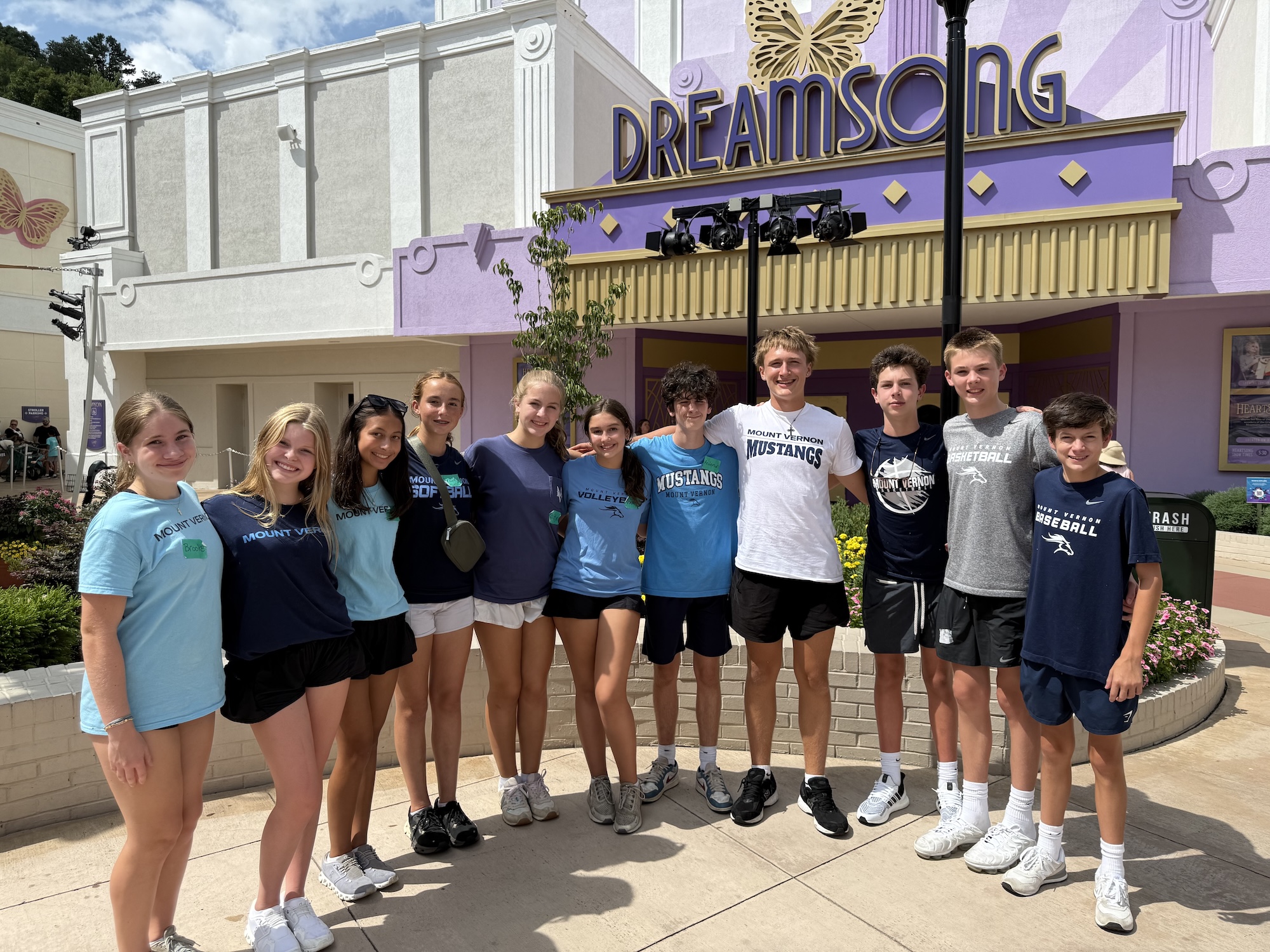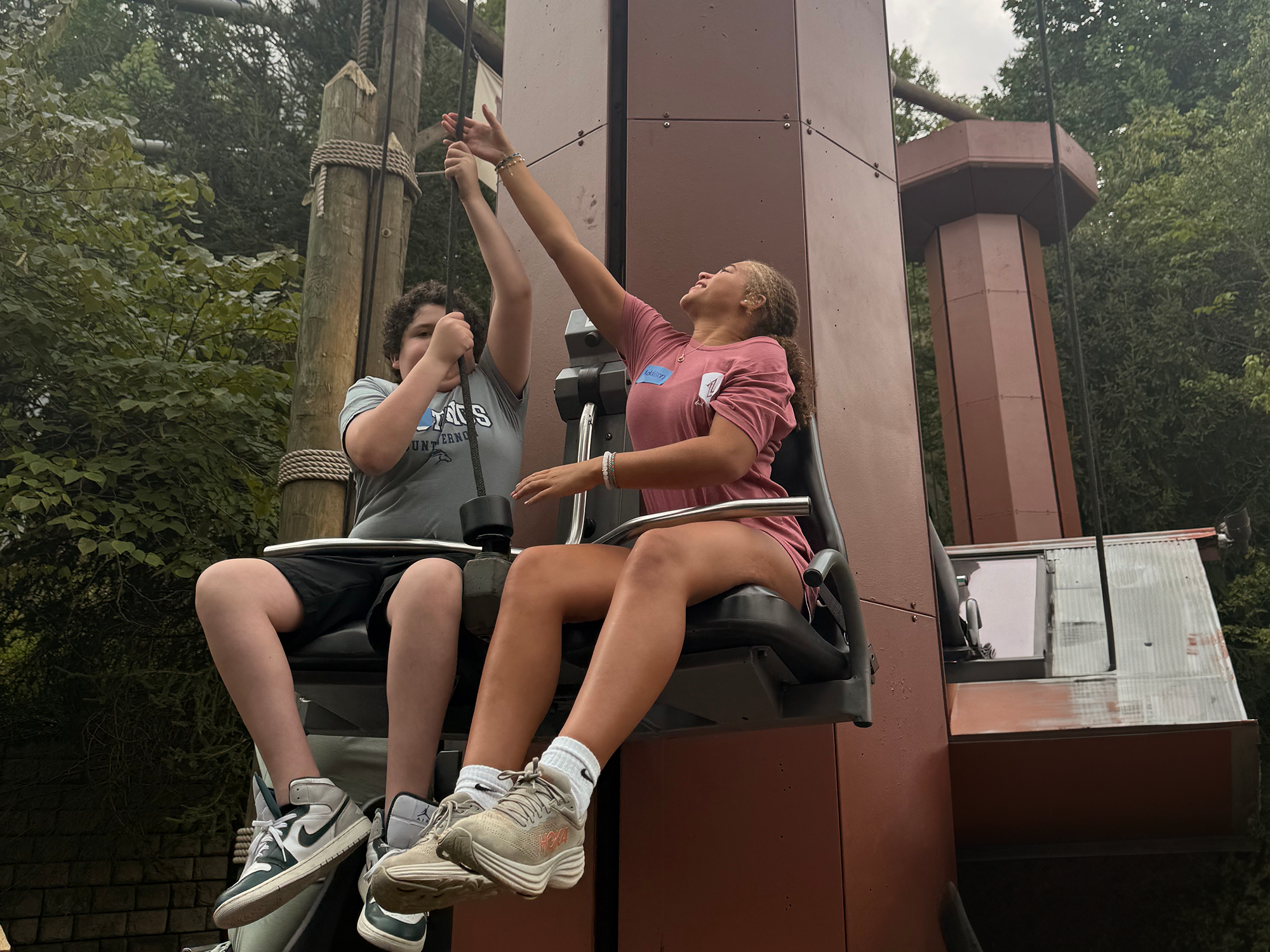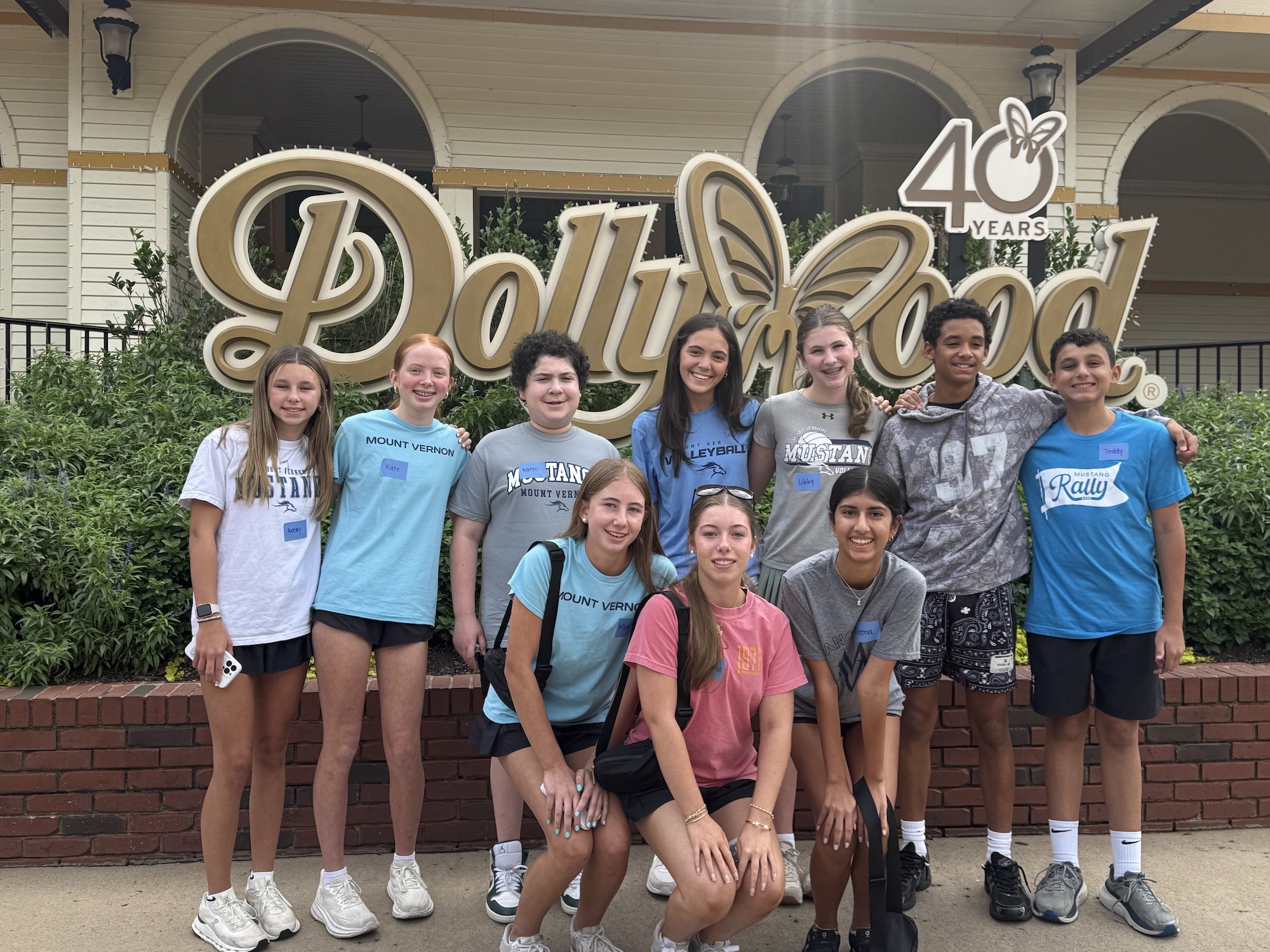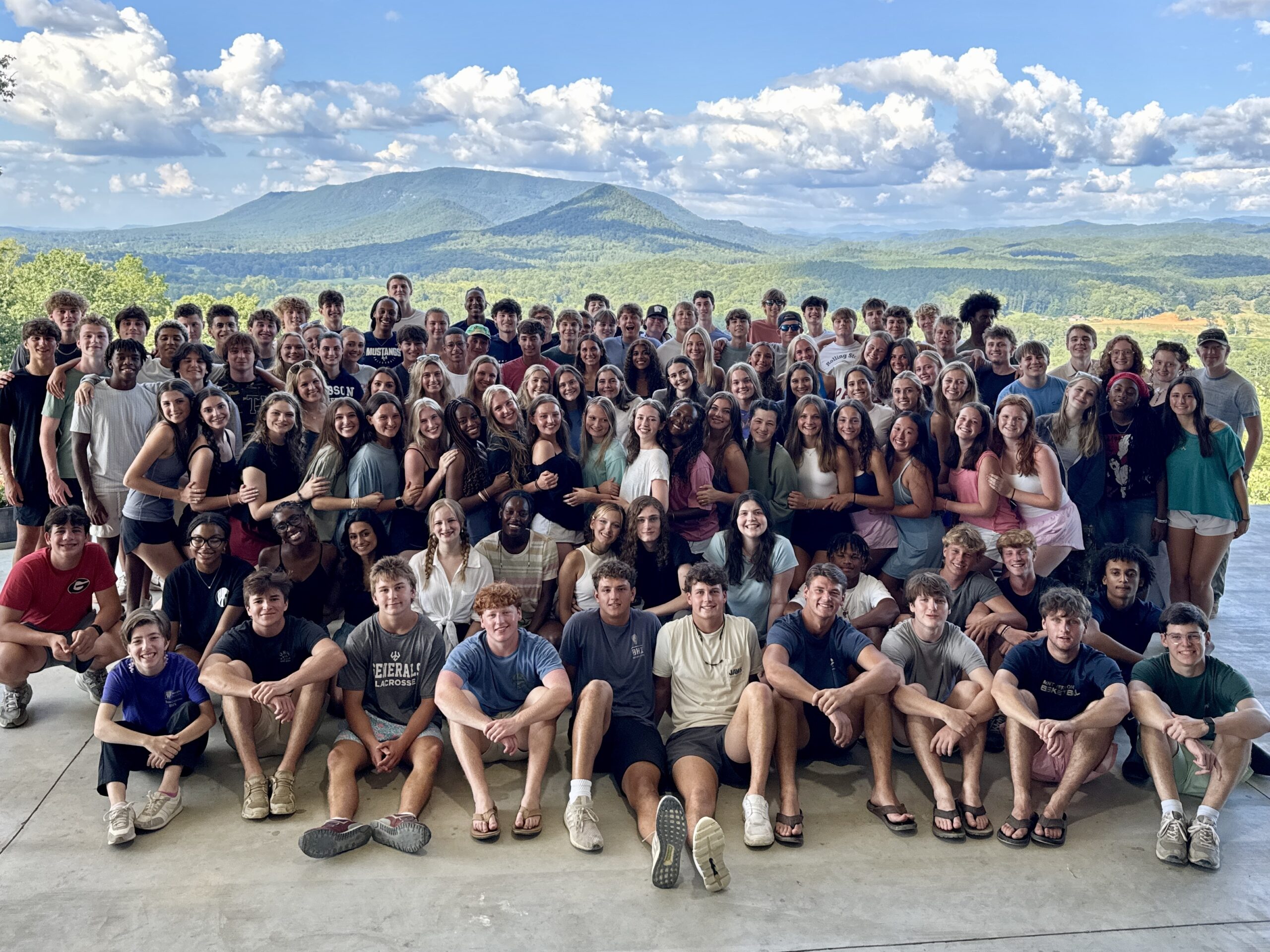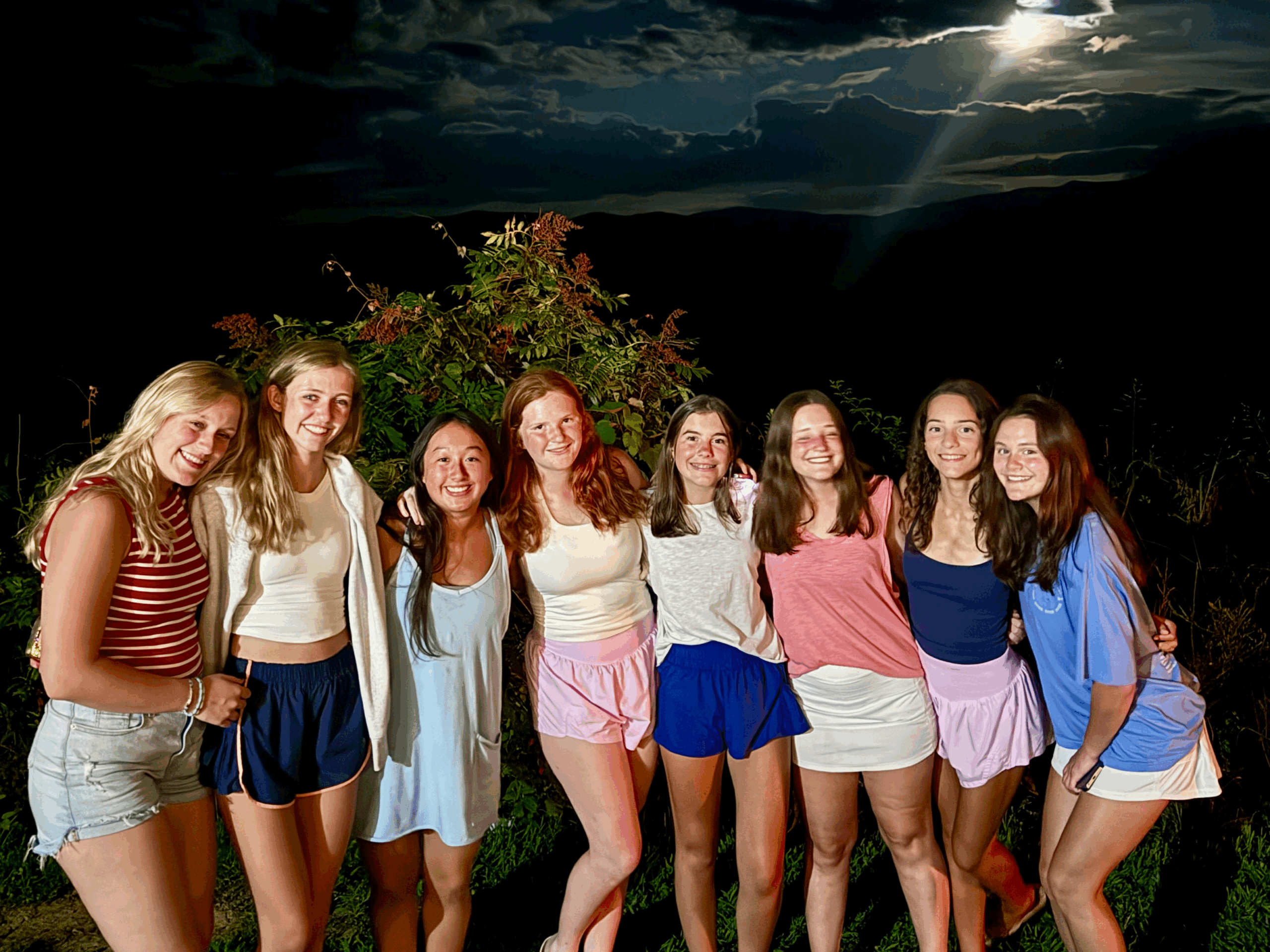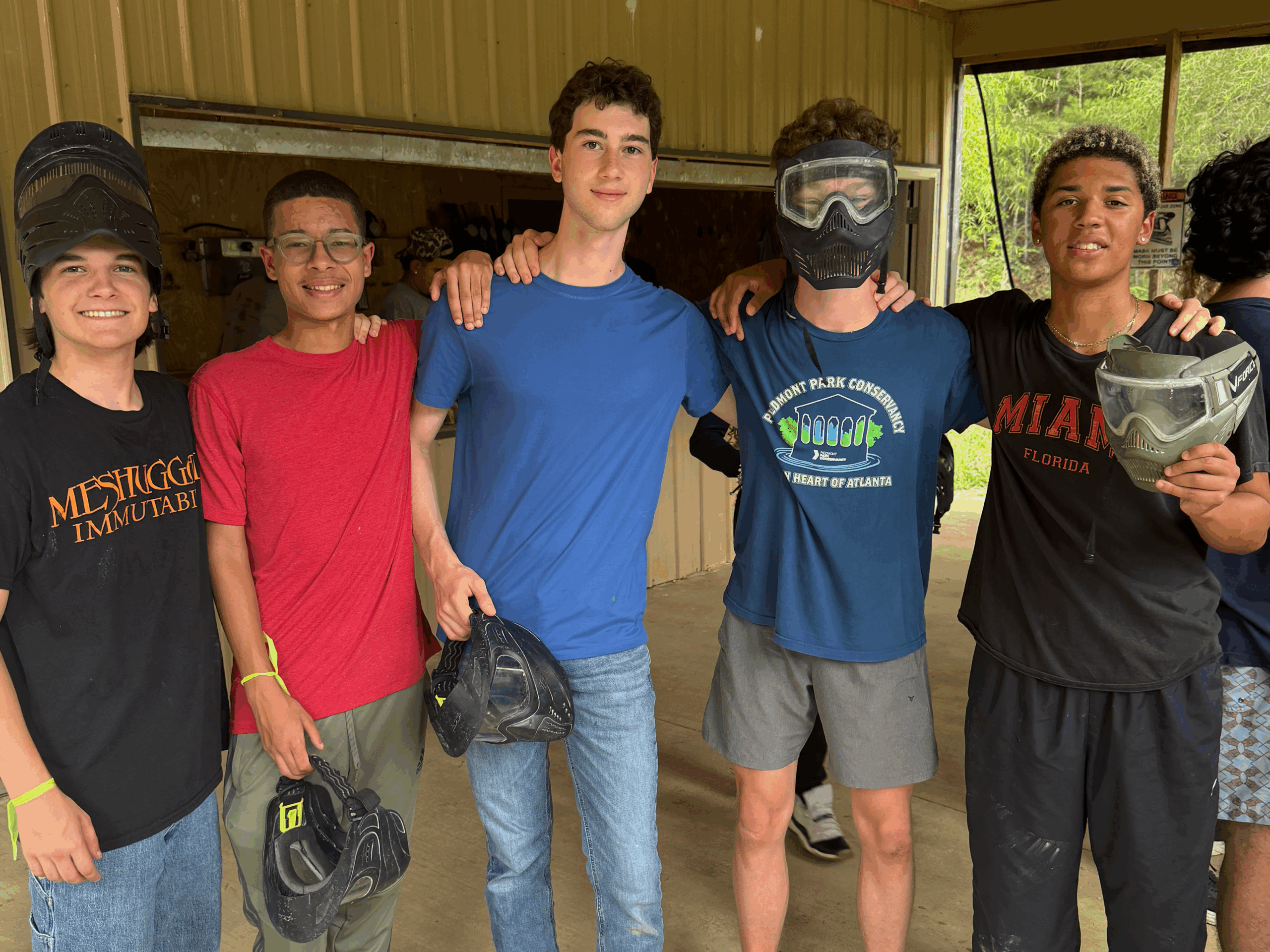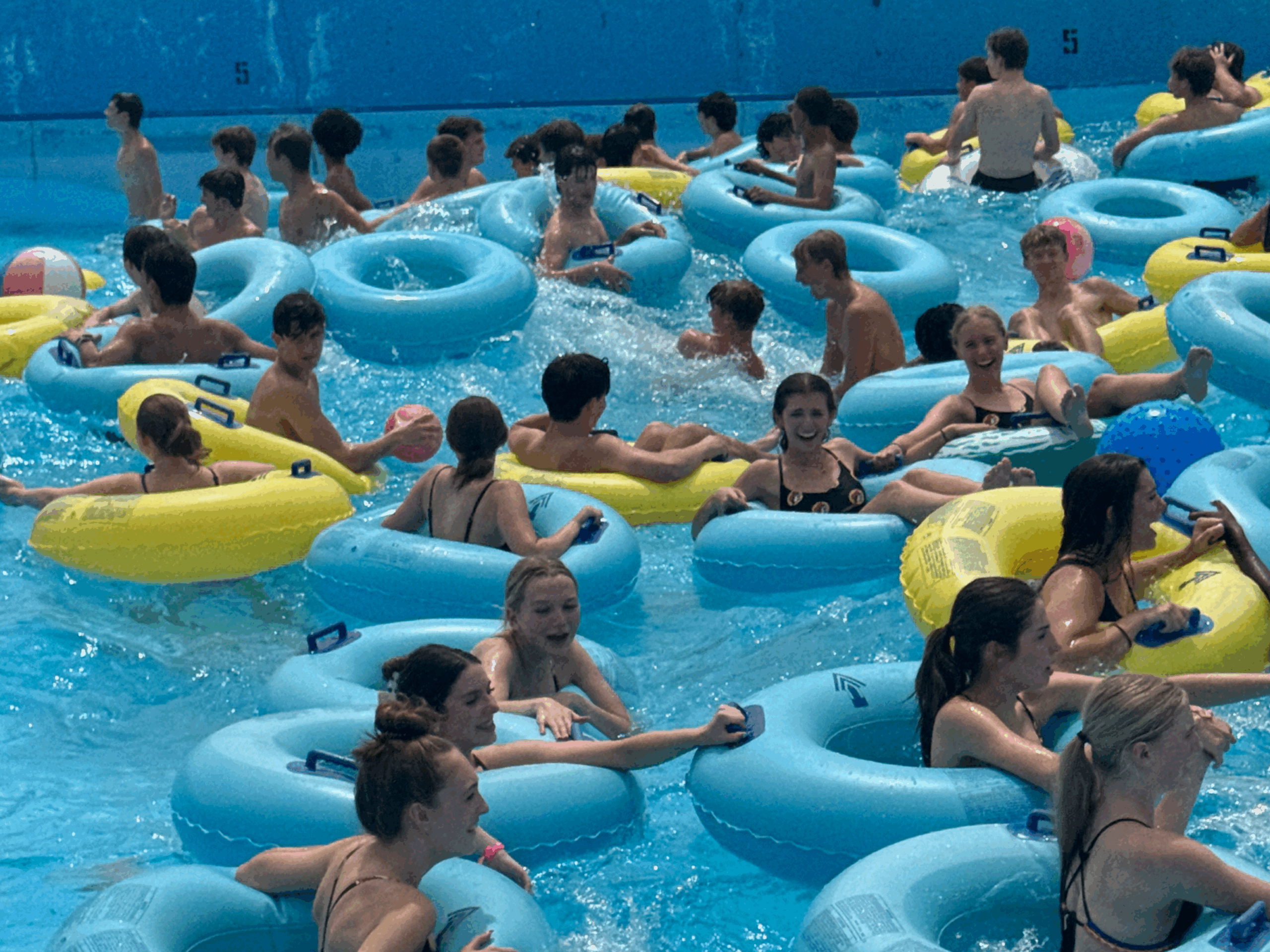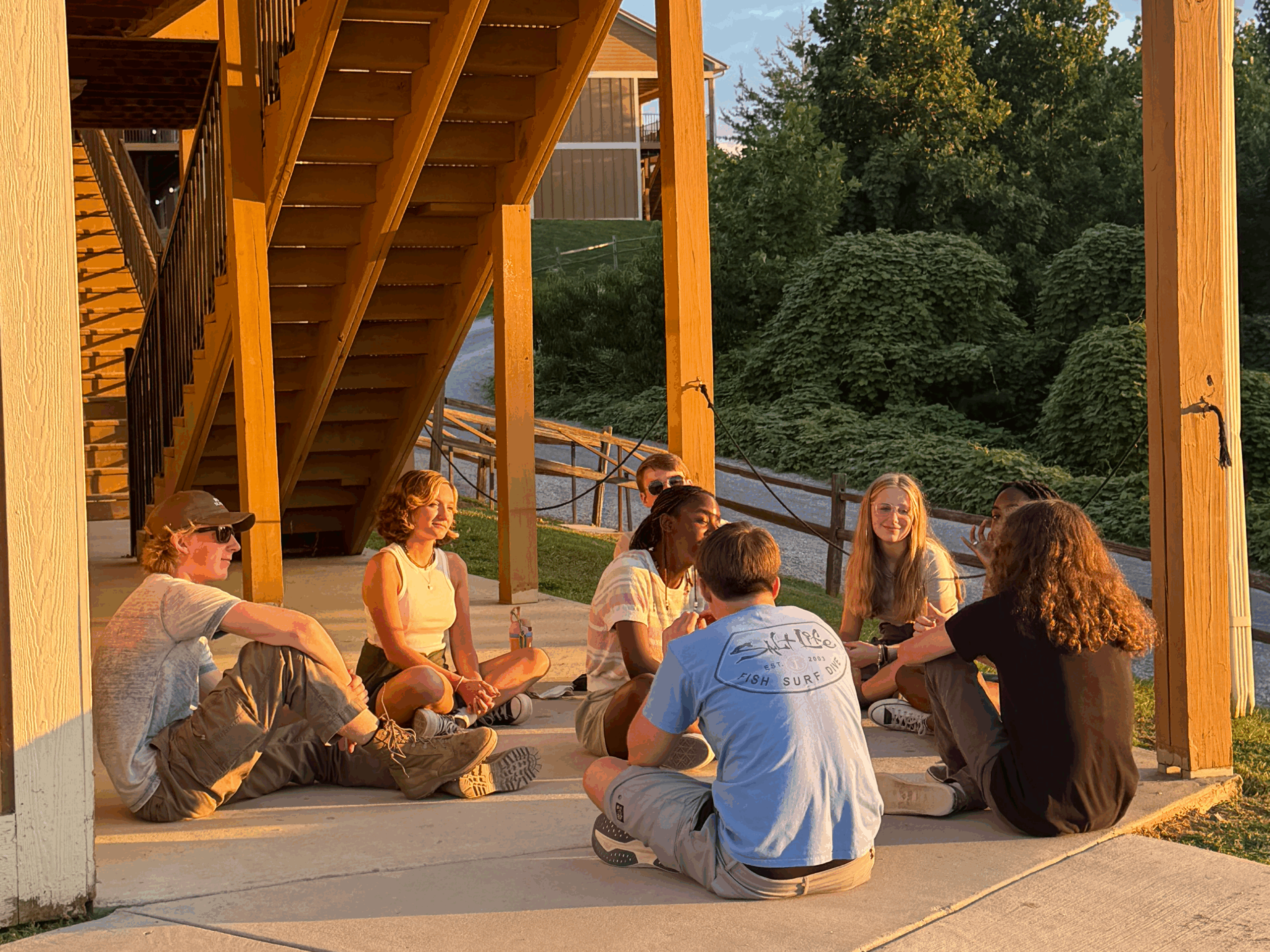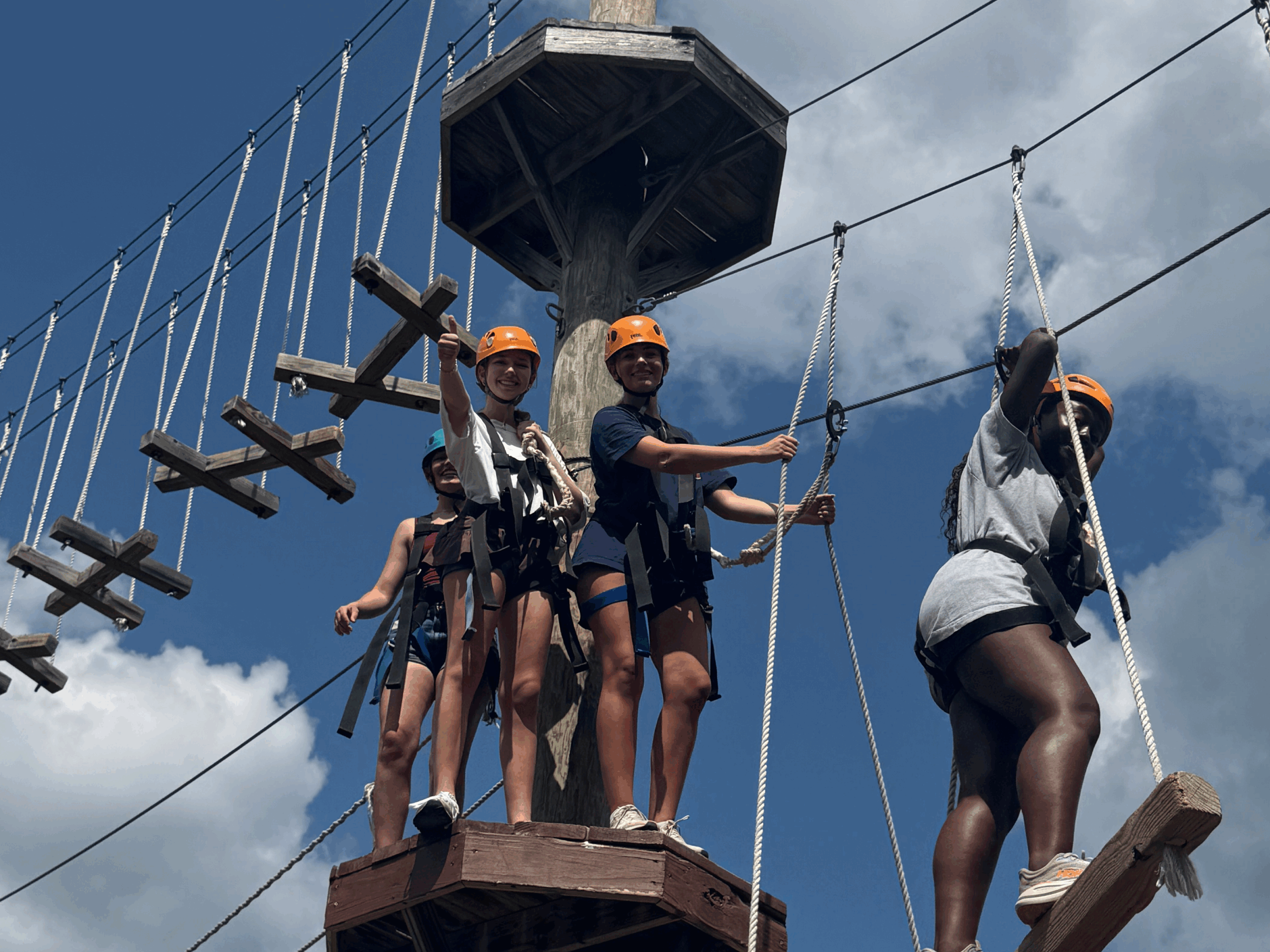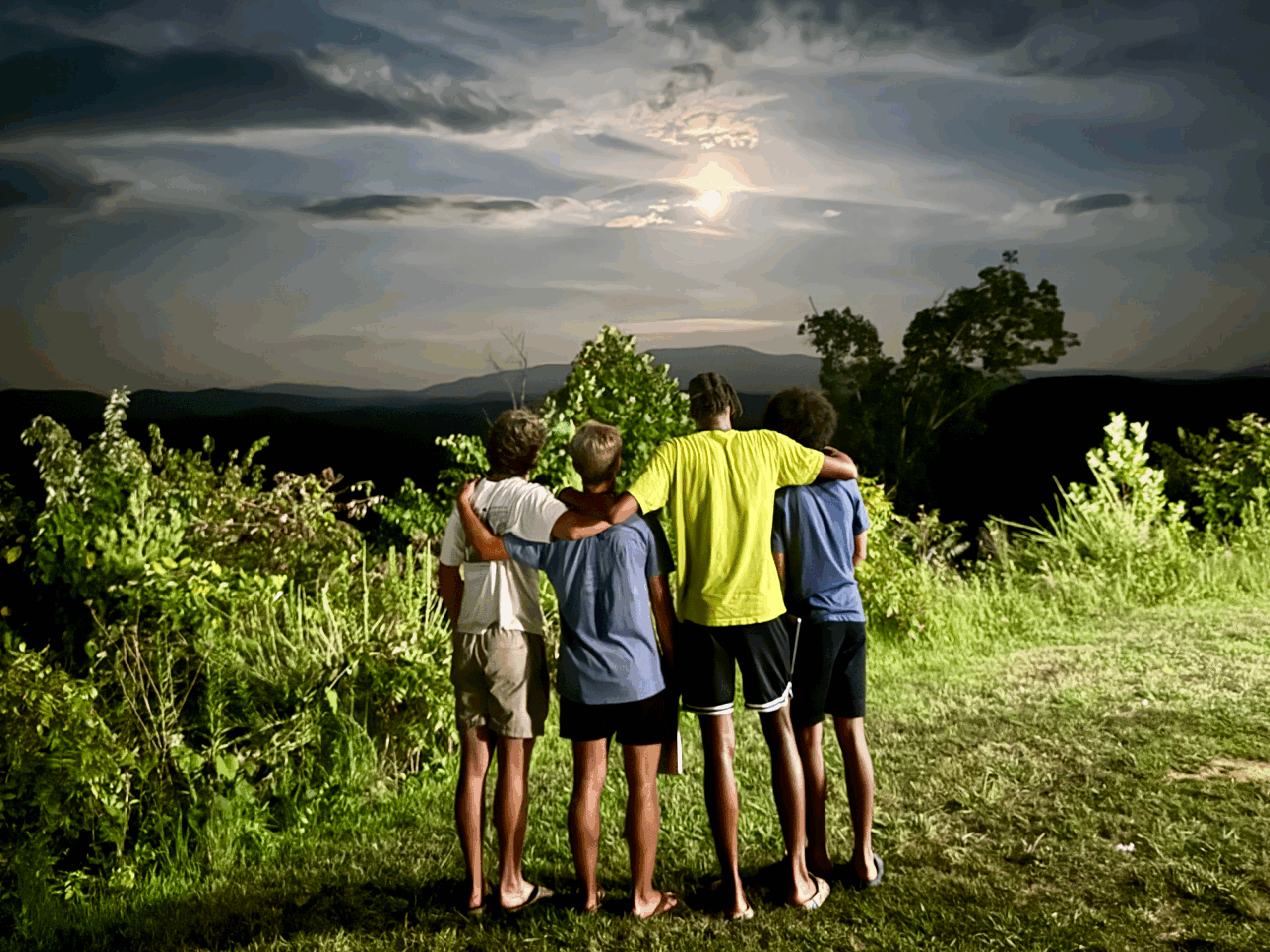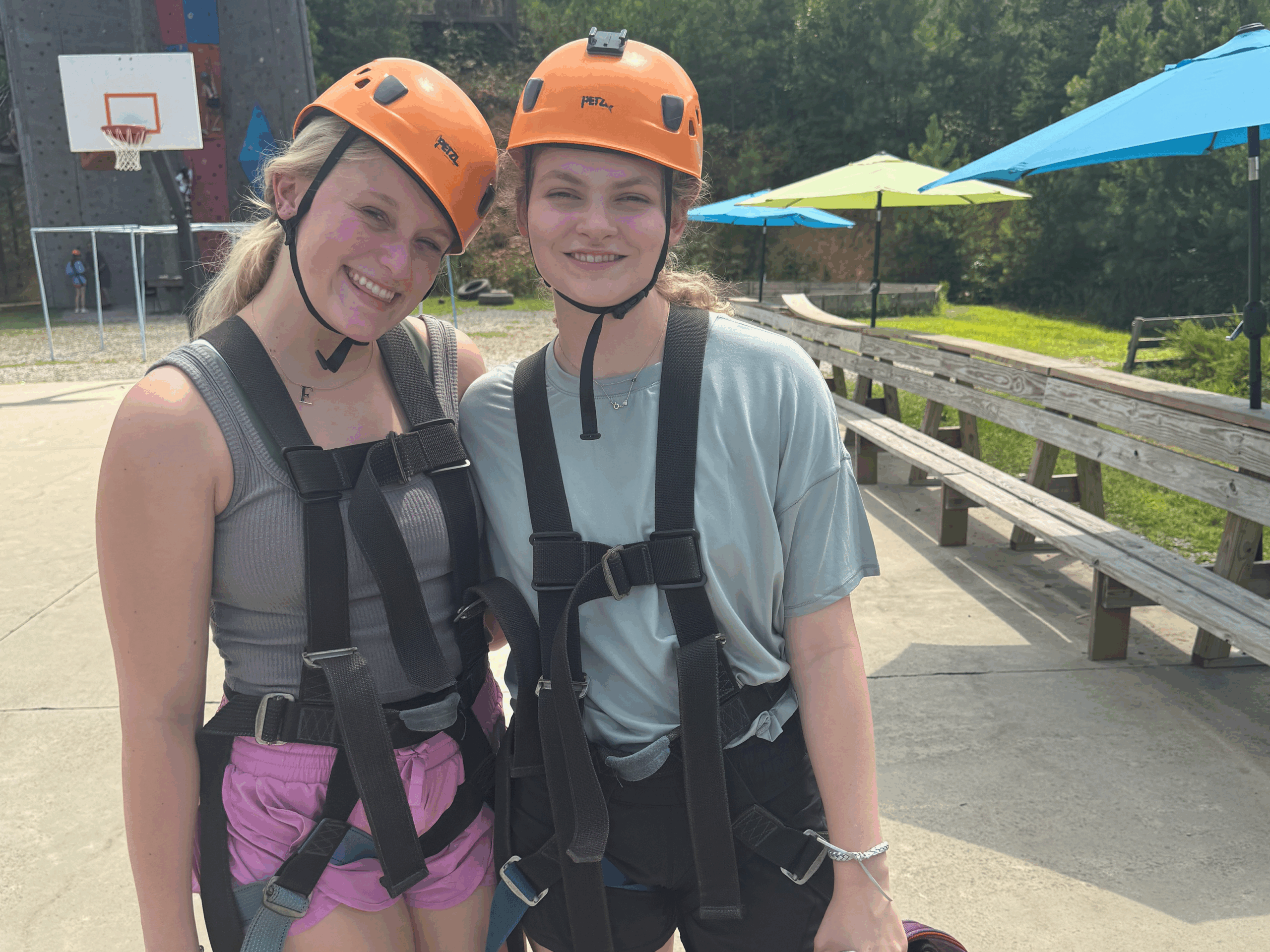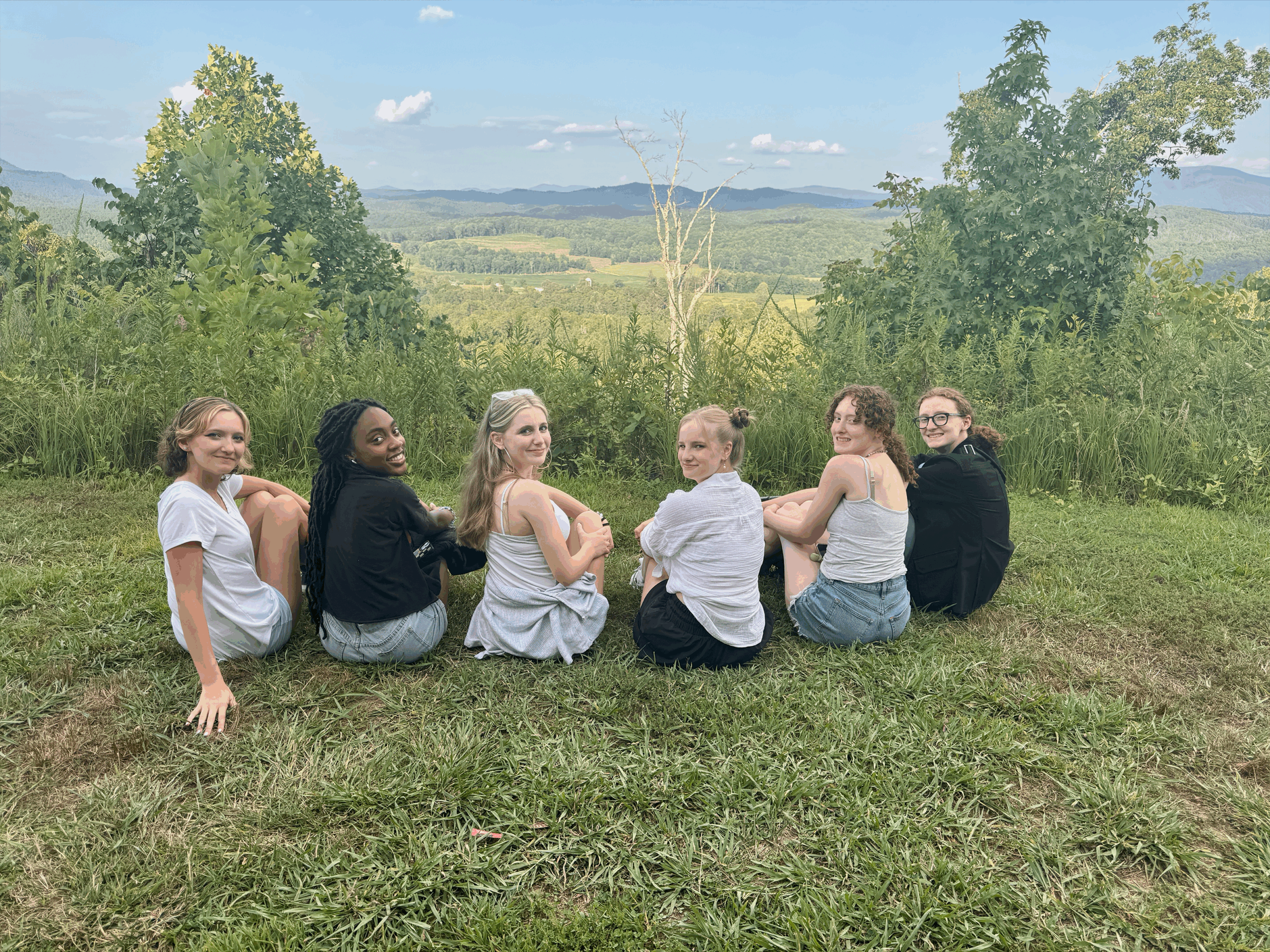At Mount Vernon, innovation begins with people at the center. Every design choice, from curriculum to community spaces, is rooted in empathy. Our goal is to create a culture of belonging where students feel valued, seen, and empowered. When belonging is present, learning does not just happen; it thrives.
Research consistently shows that when students feel a genuine sense of connection, they flourish. A meta-analysis of over 50 studies revealed that school belonging predicts stronger motivation, improved social-emotional outcomes, and higher academic achievement.¹ International data from PISA similarly confirms that students who report a greater sense of belonging are more engaged, less anxious, and better prepared to learn.² In fact, even small interventions to build belonging during times of transition, like starting high school, have been shown to increase grades and long-term persistence.³
For us, the insight is clear: relationships are foundational for learning.
Investing in Connection from Day One
Our Upper School didn’t wait for belonging to develop by chance; it was intentionally designed before classes even began. We lead with design questions that included: How might we foster a culture of commitment and belonging for all students? And, how might we meet students where they are to make their transition years more impactful?
Freshman Retreat: Building a Launchpad
The weekend before their first day of high school, ninth graders traveled to Knoxville, TN, for a retreat led by Margaret Gunter, Director of Grade 9 Counseling and Academic Resource. The design was simple yet powerful: immerse students in shared experiences where trust, laughter, and collaboration could spark. In a pivotal transition year, this retreat became a relational scaffolding, helping students meet their people, discover their strengths, and begin their high school journey with confidence.
One of the most intentional elements of the retreat was the inclusion of Grade 10 mentors. Nine students from the Class of 2028 joined the trip, offering guidance, answering questions, and sharing their own experiences from freshman year. For the new ninth graders, this meant gaining both insight and a new circle of familiar faces to look for on campus.
The retreat’s design was also powered by an incredible team of teacher-chaperones—faculty who invested their time not just to supervise, but to build relationships and create moments of joy alongside students.
Highlights included:
- A student-designed sweatshirt made just for the Class of 2029
- A day of thrills at Dollywood, filled with fun and shared adventure
- Cheering together at a Tennessee Smokies baseball game
- A celebratory team dinner aboard a riverboat, where conversation and community came alive
- Sunday morning small-group rotations, from writing a letter to their senior self to team-building games and guided discussions with Grade 10 students about navigating high school
- A closing lunch at Coolidge Park in Chattanooga, a final moment of connection before returning home
When learners know they belong, they are freer to explore, experiment, and push beyond what they thought possible. That is innovation in action.
Senior Retreat: Charting Purposeful Futures
Meanwhile, our seniors gathered at Ocoee Ridge Camp in Tennessee on a retreat crafted by the College Counseling team, Dr. Erin McCubbin, Ariel Merritt, Jarrett Tate, Ryan May, and Alejandro Ramirez, multiple senior advisors, and faculty members. Seniors are at a different kind of threshold: poised to design their next chapter. This retreat focused on three pillars:
- Relationships that sustain students through milestone moments
- Readiness for the rigors of applications and transitions
- Reflection on purpose, strengths, and legacy
What made this retreat especially powerful was the balance it struck. Just as seniors face the weight of applications, decisions, and futures, the retreat gave them space to simply be kids again. They embraced play—diving into activities, laughing with friends, and even stacking their phones in piles so they could be fully present with one another.
Highlights included:
- Breaking in a new lazy river and enjoying a wave pool and water slide park
- Tackling a high ropes course and rock climbing
- Playing paintball, including friendly competition against teachers
- Engaging in ga ga ball, 9-square, and pickup basketball during downtime
- Working intentionally on college applications and personal reflection
By centering belonging and purpose while also giving students the freedom to unplug and play, the retreat equipped seniors not only to finish well, but to lead with impact—grounded, connected, and renewed.
Belonging Powers Innovation
When learners feel safe and connected, they are more willing to ask bold questions, test ideas, and persist through challenges. Research consistently shows that belonging predicts stronger academic outcomes, higher engagement, and greater well-being. In schools around the world, it is the differentiator between students who merely attend and students who truly thrive.
Belonging is not a side initiative—it is a deliberate strategy. From retreats and advisory to daily connections with faculty mentors, relationships form the backbone of the Mount Vernon experience. Relationships bring to life our identity and commitment from paper to action. Once students are rooted in trust, they’re free to innovate, iterate, and imagine solutions to the challenges shaping our future.
At Mount Vernon, we start with belonging because the boldest ideas grow in the richest soil of community.
References
- Allen, K., Kern, M.L., Vella-Brodrick, D., Hattie, J., & Waters, L. (2018).
“School belonging and the role of relationships: A meta-analysis.” - OECD (2019).
“PISA 2018 Results.” - Walton, G. M., & Cohen, G. L. (2011).
“A brief social-belonging intervention improves academic and health outcomes of minority students.”
